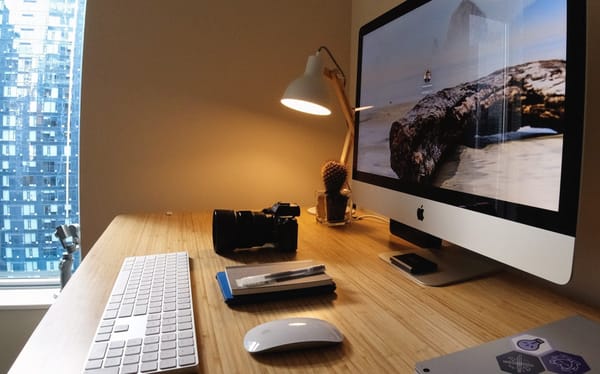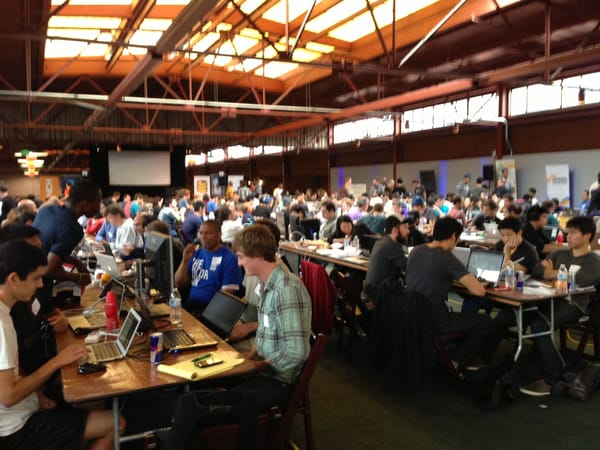
blogging
Working remotely
Many people have experienced working from home for the first time in the past few years due to the COVID-19 pandemic, and many want to continue doing it. I don’t blame them. I am lucky to have had the opportunity to work from home (or remotely) full-time since 2014.
